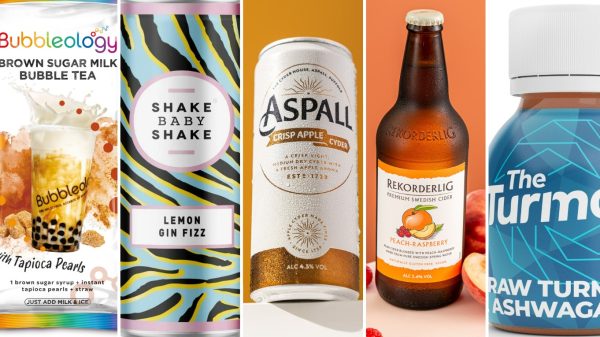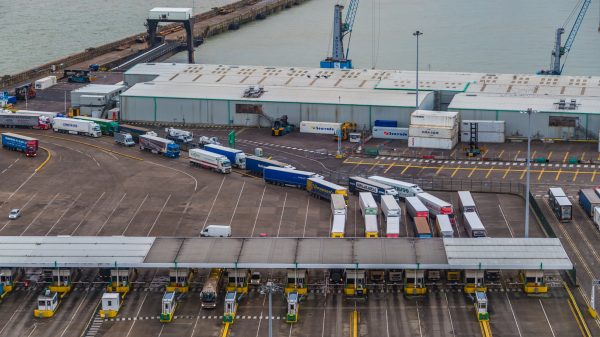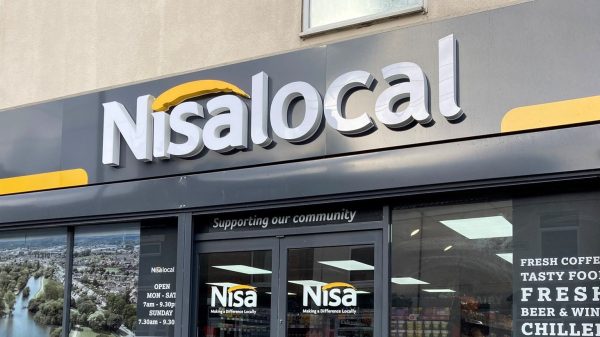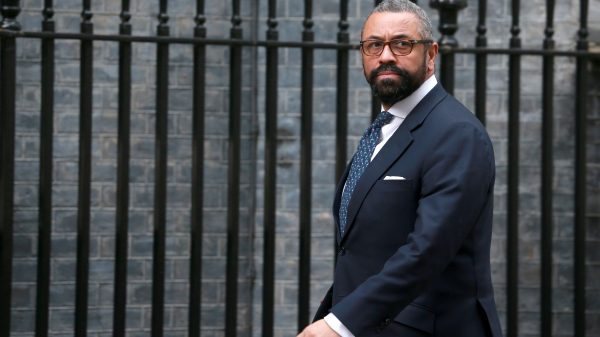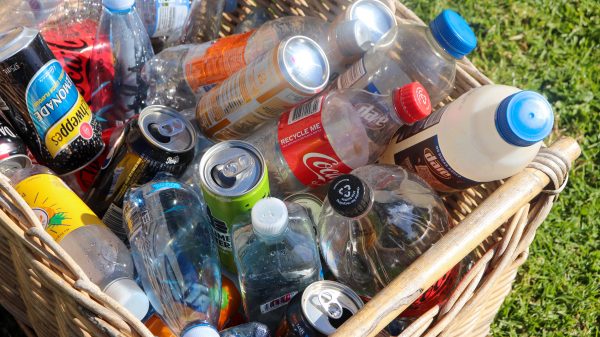With the government announcing the start of the long-awaited deposit return scheme (DRS) for plastic bottles and cans, the UK seems finally ready to take the next step in improving how we manage and recycle our waste.
The scheme, which involves consumers receiving a small cash fee for any bottles returned to ‘reverse vending machines’ in supermarkets, looks to dramatically reduce litter and plastic pollution in England.
However, despite calls from campaigners for it to be introduced – since it was first announced by Michael Gove in 2018 – the completion of the project seems to be nowhere in sight.
It was recently reported by the BBC that the Department for Environment, Food and Rural Affairs (Defra) won’t be implementing it until October 2025; seven years after initially promised.
On top of that, while the DRS was originally meant to include both plastic and glass bottles, the government has now chosen to remove glass containers from the scheme – a decision which has received nationwide criticism.
So, is it really necessary for the government to delay the DRS and remove glass bottles, and why exactly are campaigners and sustainability organisations so unhappy about it?
Subscribe to Grocery Gazette for free
Sign up here to get the latest grocery and food news each morning
How the Deposit Return Scheme will work
Exact details of the system emerged this week, as Defra published its response to its 2021 consultation, setting out the future path for a DRS in the rest of the UK. While no decision has been taken yet on the amount of the deposit in England, Wales and Northern Ireland – Scotland has set their deposit level at 20p per bottle, in the hopes of giving consumers incentive to use the designated return points.
Likely to be operated primarily by retailers, the government has also said that the majority of drinks brands (85%) will also be able to be returned.
“We want to support people who want to do the right thing to help stop damaging plastics polluting our green spaces or floating in our oceans and rivers,” says environment minister at Defra, Rebecca Pow.
“That is why we are moving ahead using our powers from our landmark Environment Act to introduce a Deposit Return Scheme for drinks containers,” Pow adds.
“This will provide a simple and effective system across the country that helps people reduce litter and recycle more easily, even when on the move.”
The Deposit Management Organisation (DMO), an independent, industry-led organisation, will run the scheme, working to lay foundations for infrastructure, change labelling and implement new legislation so that the DRS can run smoothly at launch. However, Defra also acknowledged that DRS technology is still in its infancy.
Despite this, the plans have been welcomed by soft drinks manufacturers.
“We strongly welcome today’s commitment by the Government to introduce deposit return schemes in England, Wales and Northern Ireland,” says VP of operations at Coca-Cola in Great Britain & Ireland, Dusan Stojankic.
“Coca-Cola has long called for a well-designed deposit return scheme that works seamlessly across Great Britain to reduce litter, and enable more packaging to be collected and recycled at the highest quality.”
Director general of the British Soft Drinks Association, Gavin Partington is also positive about the scheme, saying that “by kickstarting the UK’s circular economy for drinks containers, the deposit return scheme will help consumers play their part in ensuring the containers they buy are returned for recycling.”
Glass not included
The government says that UK consumers go through an estimated 14 billion plastic drinks bottles and nine billion drinks cans each year, many of which end up in landfill. For this reason, campaigners expected glass bottles to be included, in line with plans from the Scottish and Welsh governments – but Westminster chose to exclude glass from the DRS in England and Northern Ireland at the last minute.
It said that including glass made the scheme too complex, and those items will instead be covered by the extended producer responsibility scheme, which gives manufacturers targets to recycle them.
This has, perhaps unsurprisingly, received widespread criticism from a variety of campaigners and sustainability organisations.
“Five years ago, Greenpeace was standing shoulder-to-shoulder with campaigning groups across the country calling for a deposit return scheme,” political campaigner at Greenpeace UK, Megan Randles, tells Grocery Gazette.
“But even at the final hurdle, this Government bottled it and excluded glass from the scheme. In what kind of world is collecting glass drinks containers not an essential part of a system designed to collect drinks containers?”
Randles adds that the system “reeks of corporate lobbying”, and that its “the kind of companies who talk big on social responsibility, but do everything they can to push the problems they create onto others”.
“If we’re serious about leaving a better natural environment for future generations, kicking the can down the road just doesn’t cut it.”
Additionally, Keep Britain Tidy’s #PainInTheGlass campaign highlights the risks to people and animals of littered glass, meaning their absence from the DRS is likely to cause further harm and damage.
DRS: Too little, too late?
Defra’s plans build on existing efforts to eliminate avoidable plastic waste. Last week the UK government announced that a ban on single-use plastic plates, trays, bowls, cutlery and cups will be introduced in England from October 2023.
However, there are also a number of UK organisations speaking out against the government saying that the impact on wildlife could be far-reaching. For them, the DRS scheme comes too little, and far too late.
“Given it was first consulted on in 2019 and the original implementation date was 2023, then yes, 2025 is late from a timing point of view,” says senior policy advisor at WWF UK, Paula Chin.
“DRS is well-established in several any countries and has enabled collection rates as high as 94% for PET bottles in Germany. But plastic consumption and the resulting pollution have shown no signs of abating.”
Chin says that the impacts of packaging materials may have already caused “irreversible damage to biodiversity and emitted tonnes of greenhouse gases into the atmosphere, exacerbating climate change”.
She added: “There’s a risk the system will be outdated before it has even been introduced. The UN will have negotiated a complex legally binding treaty to end plastic pollution in two years.
“The scheme does not require caps to be returned with the containers and these are frequently littered and can have an impact on wildlife when consumed.
“The government could have future-proofed the system by enabling the capture of reusable containers. By providing an infrastructure to take back reusables, the government could have signaled its intentions to support a transition to reuse and refill systems for drinks as a starting point.
“While we await the introduction of DRS in 2025 (2023 for Scotland), the public can embrace reusable containers for on-the-go drinks. This could also be positive for people’s wallets – rather than buying drinks, they can take one with them when they leave the house.”
She also said the government missed a “golden opportunity to incentivise producers and households to adopt reusable and refillable packaging through the packaging waste reforms”, pointing out that “while the DRS supports better recycling, we need to take action to prevent waste arising in the first place”.
The verdict
Ultimately, there is a lot of evidence to suggest that the DRS will have a positive impact on reducing litter and increasing recycling rates.
That said, while the government has fallen behind our European neighbours in introducing strong waste prevention measures; without the right infrastructure in place yet, the delay to 2025 is inevitable.
According to the WWF’s Chin, the target collection rates are “fairly ambitious” – 70% in year one, 80% in year two and 90% from year three onwards. Whether the UK – which already struggles to get more than 45% of households to consistently recycle their domestic waste – will meet these goals, is yet to be seen.

